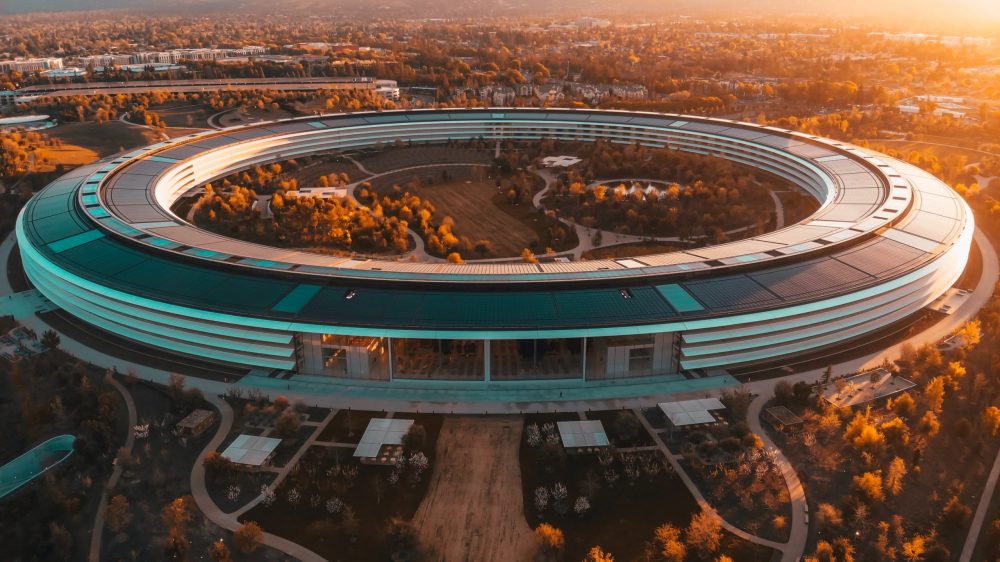Circular Economy and Me – Issue 8

Accelerating circular economy – not a minority game by Ruini Qu.
Policymakers and researchers increasingly refer to circular economy as a practical instrument to strike a balance between industrial expansion, environmental and human health, and economic progress. The shift from using fossil fuels to renewable feedstock is a good practice that drives the chemical industry toward a circular economy. In fact, one need just flipping through the literature to learn about the existence of cutting-edge technologies that substitute fossil fuels in the synthesis of chemicals. The problem is that many of these game-changing technologies are only seen in TRL 5 or 6, with limited capacity pushing towards a system proven stage. Industrial initiatives toward circular economy are still restricted to single/reginal product lines at best.
The concept of circular economy should not be a niche. Net zero cannot be achieved if sustainable products are only affordable and/or of interest to the minority. As part of Theme 3, our team at Heriot-Watt University conducted a series of exploratory research including interviews, surveys, and workshops to uncover the barriers of transitioning towards a circular business model.
Circular economy is not a brand-new concept but one that has emerged from a combination of others. Even so, the wider public is not yet acquainted with the idea. Moving away from core operations can be ‘culturally’ challenging within an organisation, especially for SMEs that have limited access to financial resources and are more risk averse. On the one hand, companies are unsure of how customers will react to the new technology; on the other hand, the society isn’t fully prepared to back circular economy initiatives. Economically, although green finance is becoming easier to obtain from financial institutions, green bonds make up only 2-3% of the total bond market in the UK. Politically, the existing regulation framework only recognises sustainable products using certain recycled feedstocks or pathways. The use of limiting and ambiguous measurement will further paralyse the market.
Business models under circular economy principles often transcend beyond organisational boundaries, and therefore their creation and acceleration should not be the responsibility of a select few. As the next stage, I aim to further explore the circular ecosystem by studying the dynamics between different actors and identifying the enabling circumstances for circular economy.